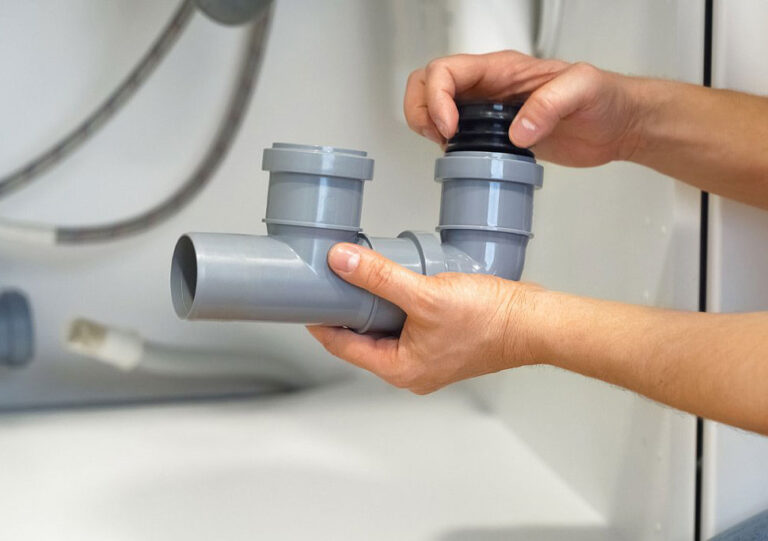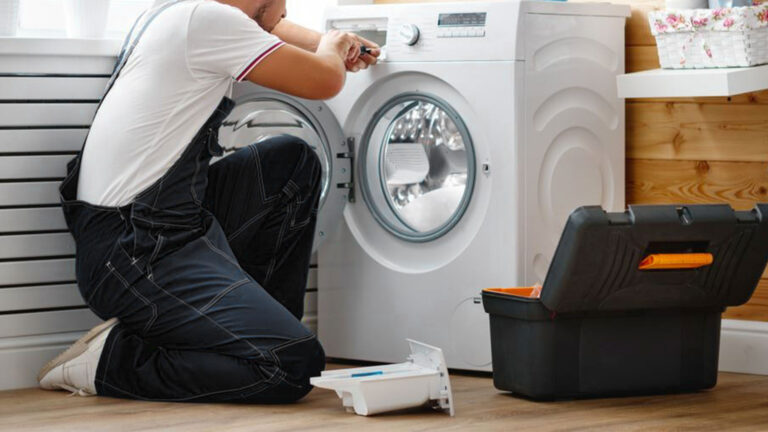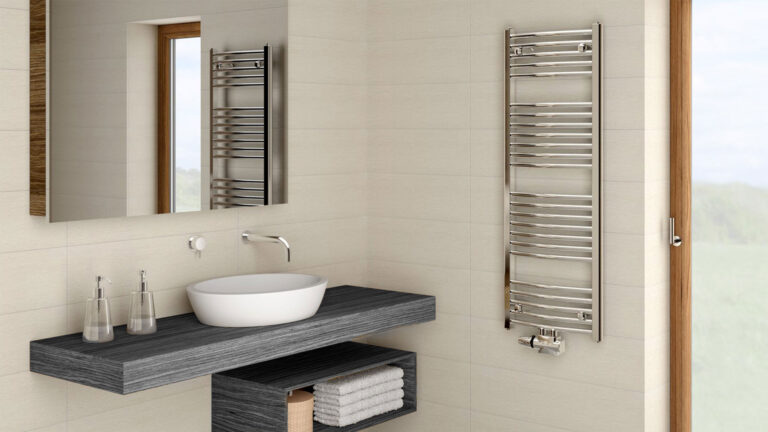When Is It Necessary to Replace Your Plumbing Pipes?
Plumbing pipes, like other elements of your home, are not eternal. Aging or damaged pipes can lead to leaks, water damage, and significant structural issues. Knowing when to replace your pipes can help you avoid costly repairs and maintain the value of your property.
It’s not always easy to determine the right time to change your plumbing pipes, especially since this operation involves a substantial investment. However, the cost of frequent maintenance and repeated repairs can quickly exceed that of a complete plumbing system replacement.
In this article, we’ll help you identify whether your pipes need replacing by outlining the common signs of aging or faulty plumbing and explaining why hiring a professional is crucial for finding the best solutions.
How to Identify When a Pipe Needs Replacing?
Lifespan of Different Types of Plumbing Pipes
Understanding the lifespan of your pipe materials is the first step in anticipating when they need replacement. Preventive replacement can save you from major inconveniences in the future.
Here are the average lifespans for different types of plumbing pipes:
- Brass: 80 to 100 years
- Copper: 70 to 80 years
- Galvanized Steel: 80 to 100 years
- Stainless Steel (Drain Lines): 80 to 100 years
- PVC (Polyvinyl Chloride): 25 to 40 years
These lifespans are indicative and can vary based on usage, maintenance, and water quality. Even if your pipes have not reached their “expiration date,” they may show signs of aging that require professional attention.

Common Problems with Aging Plumbing Pipes
Over time, your pipes may encounter various issues that affect their efficiency and safety. Watch out for these warning signs:
- Leaks: Moist spots or water leaks around pipes often indicate a structural issue requiring repair or replacement.
- Corrosion: Rust or greenish deposits on pipes are signs of corrosion. This degradation can weaken the pipes and lead to significant leaks.
- Wear and Tear: Older pipes can become brittle, leading to cracks or sudden breaks.
- Mineral Buildup: Excess minerals in the water can accumulate inside pipes, reducing water flow and causing blockages.
- Expansion and Contraction: Temperature changes can cause pipes to deform, increasing the risk of cracks or ruptures.
- Blockages: Accumulation of debris, grease, hair, or other waste can lead to repeated clogs, increasing pressure in the pipes and risking damage.
If you notice any of these issues, it is advisable to have your plumbing system evaluated by a professional. Preventive inspection can avoid costly repairs and maintain the integrity of your home.
Pro Tip: Consider PEX Pipes
If you are considering replacing your plumbing system, PEX pipes can be an excellent option. Their flexibility makes them more resistant to temperature changes, especially winter freezing, compared to traditional rigid pipes.
How to Recognize a Plumbing System at the End of Its Life
Even a well-maintained plumbing system eventually shows signs of aging. Here are the main revealing indicators:
- Water Leaks: Moisture stains on walls or floors and an unexplained increase in your water bill may indicate a hidden leak. Stay vigilant, as some leaks develop behind walls or under floors.
- Corrosion: A greenish tint on copper pipes or rust stains on steel pipes signal a corrosion problem that, if not addressed, can lead to leaks or pipe ruptures.
- Water Quality Issues: Changes in the color, taste, or smell of your tap water may indicate internal deterioration of the pipes. For example, rusty water can be a sign of corroded pipes.
- Visual Anomalies: Deformed pipes, leaking joints, or moisture stains on visible surfaces may indicate that it’s time to replace your plumbing installations.
When to Call a Professional Plumber?
If you observe these signs or have doubts about the condition of your plumbing system, do not wait to take action.
Contact a qualified professional like Plombier Paris to get:
- A precise diagnosis of your plumbing system.
- Expert advice on the most suitable solutions for your situation.
- Reliable repairs and long-lasting plumbing solutions.
Why Replacing Old Pipes Is a Smart Investment
Taking care of your plumbing not only protects your home from leaks and water damage but also prevents unexpected repair costs. A well-maintained plumbing system ensures:
- Safety for your home: Avoids structural damage and mold issues.
- Peace of mind: No more worries about sudden leaks or plumbing emergencies.
- Improved water quality: Fresh, clean water for everyday use.
Conclusion: Maintain Your Plumbing System for a Safe and Comfortable Home
Regular plumbing maintenance and timely replacement of old pipes can save you from costly repairs and ensure your home remains a safe and comfortable place to live.
For professional plumbing services and expert advice, contact Plombier Paris today! Our team is ready to assist you with all your plumbing needs in Paris, ensuring optimal performance and longevity of your plumbing system.







